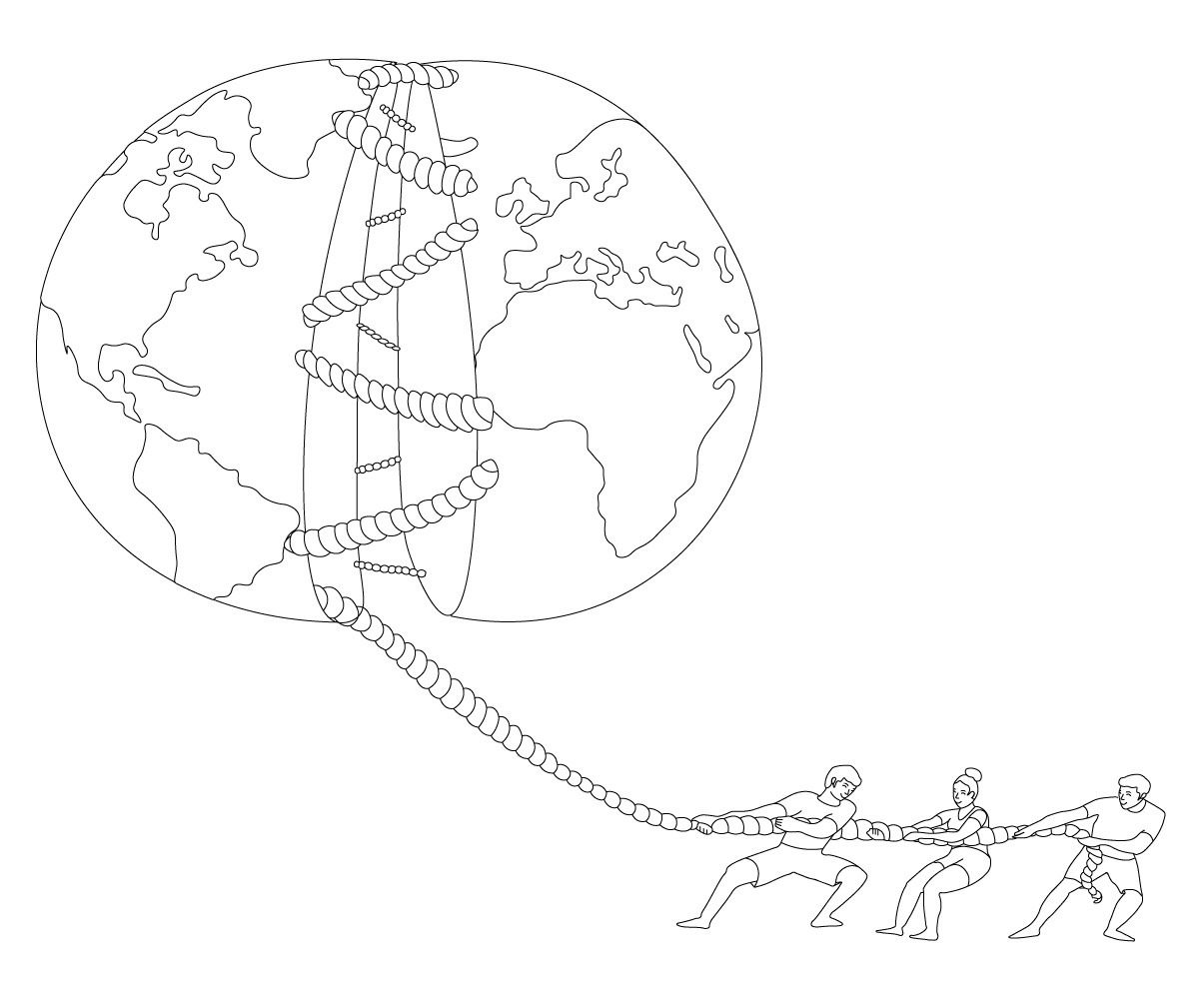Alumni Initiative: Empowering Moldova’s Elderly Through Cultural Heritage
Climate change has captivated the interest of Generation Z and sent them in pursuit of change. With governments around the world failing to address climate change in their policies and transnational companies making profit at the expense of the environment, youth activism is more frequent in the media and even more frequently as important.
Ultimately it is today’s youth that will be left with the great consequences of climate change – which is why many young people are taking the issue into their own hands and why the name Greta Thunberg has become synonymous with climate change. Her initiation of the Fridays for Future school climate strikes has mobilized nearly a million young people worldwide – and it has only grown since.
August 2018 marked the beginning of change for both the role of youth activism and the initiation of the world’s path to seriously addressing climate change. This was sparked by Greta who at the age of 15 began dedicating her school days to protesting for environmental action outside the Swedish parliament. But her demands in fact reached around the world to call upon thousands of environmentally-minded students to raise their voices and put pressure on their own countries to take a stand against the environmental crises that are sweeping so many nations. Just over a year after Greta initiated her independent climate strike, her actions rallied six million people across 150 countries to partake in the September 2019 Global Week for Future. Hers is a story we have all grown familiar with as her long path continues towards the more ambitious dream of taking real action against the effects of global warming.
Still, the movement has sparked controversy in how effective striking truly is. Public figures have stated that students should be in school, which puts the merits of youth activism into question. Despite criticisms, there lies a potential for youth activism evoking meaningful change on a global scale, and some change has already been made. So even if the direct effects of these protests may yet be questionable, more significant is the way in which they were able to bring the youth of today together as a collective. While the young generation are often accused of being lazy and unproductive, the problem posed by climate change provides a common goal, and the desire to overcome this challenge provides today’s youth with the opportunity to overcome their branded stereotype and fight for the world that they will one day inherit.
Figures like Greta are no strangers to criticism. There have been accusations of her being merely a puppet in a greater political plan, along with attempts to ridicule her and reduce her efforts down to nothing. But activists like Greta Thunberg are intrinsically important to the climate movement. Greta’s achievements are constantly being questioned, but figures like her – because of her age, dedication, and omnipresence in the media – can be incredibly polarizing. One cannot ignore the shift she has caused in the youth’s perception of climate change. Nor can one deny her ability to unify great amounts of people.
In greater numbers, as a collective, we can raise awareness to a greater degree of legitimacy, hold public officials and companies accountable for their lack of response to climate change, and even exercise our voices to force legislation change. Greta Thunberg is no longer the only young person advocating for climate change – she is a symbol of the millions of young people who want what she wants. She embodies the wants and needs of a generation. One person who resembles many young people being heard by government officials and influential bodies like the United Nations is incredibly important if any young people want to be heard.
As the movement started by Greta develops, it continues to broaden its scope in affecting more than just climate change – it has also started to reduce waste, encourage recycling, and increase awareness of plastic use. It is within these aspects of environmental change that the road to sustainable living becomes less reliant on powerful global actors and looks instead to the youth to shine light upon better ways of treating the environment. These may include lifestyle choices such as vegetarianism, with research suggesting that over 30% of British citizens between 18-24 are either vegan or vegetarian. Choices like these show the rest of the world that it is feasible to start protecting the environment on an individual scale. Choices like these truly highlight how youth activism is beginning to shape the lives of the youth, irrespective of what measures global actors are implementing, sending a clear message that the youth of today are taking a more influential role in the world in the hope of obtaining the earth that we as the upcoming generation have a vision for.
Climate change is only going to become an increasingly pressing problem, one that is unavoidable to young people. Young activists are essential to the climate movements, but what is even more essential is that those who can make tangible change through policies and legislation should hear them. To move forward, young activism should be embraced – not looked down upon. The youth are putting in work for and will only continue to be committed to change – but we need the support from the older generations. This problem will affect all of us and will be even more devastating to future generations. Know that when the youth take to the streets on Fridays, they march with the weight of their future children on their backs.

Gradient Issue #2: The magazine of the International School of Lausanne
In this edition, we explore how our community has coped during this special year to make the best of it. We also have a special section on multilingualism and how it can both benefit and challenge our students.






